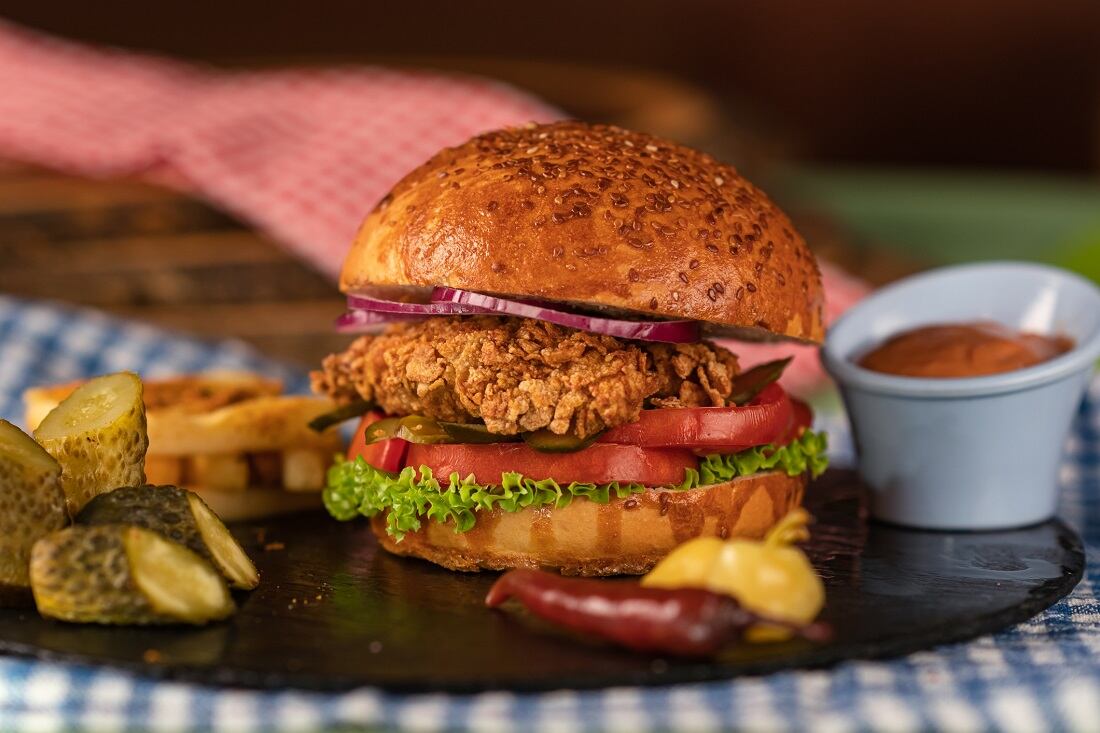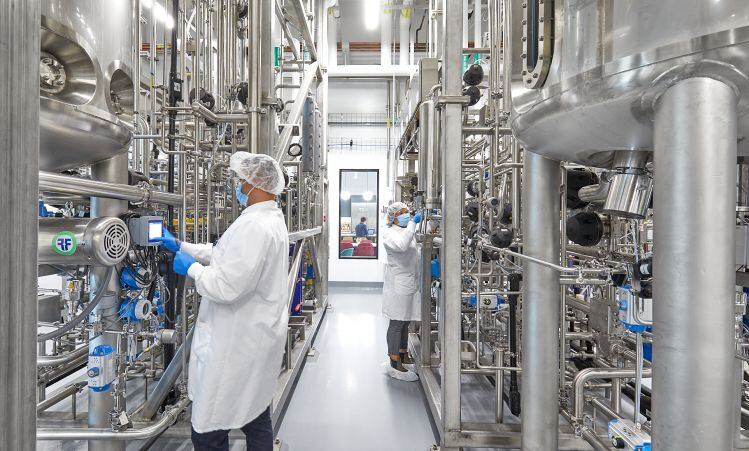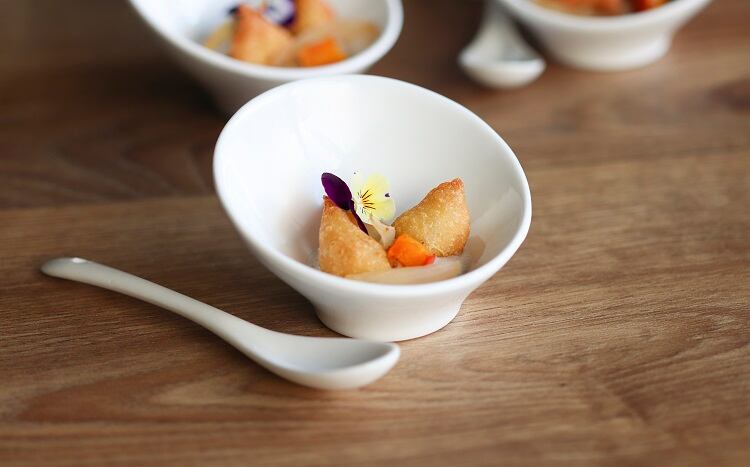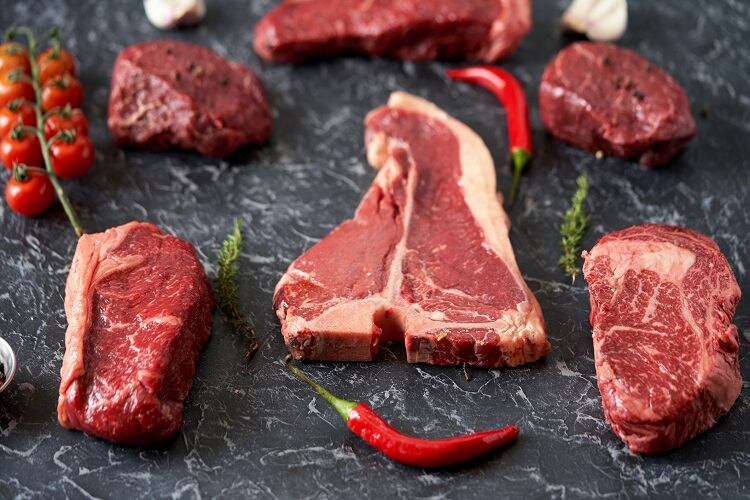The facility will produce cell-cultured poultry products for high-end restaurants (where it can justify a premium price point) before moving into retail as the company's technology scales, CEO Ido Savir told FoodNavigator-USA.
Despite the media narrative that it faces intractable problems at food scale, for an industry that is barely six-years-old, progress has been remarkably swift, claimed Savir.
"This industry is extremely young, and the first thing we had to prove is whether this is actually possible, and we’ve shown that. Then there was concern over regulatory approval and when Eat Just received the regulatory approval in Singapore, it dismissed a lot of those concerns as well," he added.
"Now we’re looking at the last barrier, which is can you make this commercially viable?"
According to Savir, the question around cell-cultured meat's commercial viability is beginning to answer itself as many companies including SuperMeat are approaching the commercialization stage.
"We’re looking to set up the first plant in the states in 2023. And then the capacity of the plant would allow us to produce hundreds of tons on an annual basis. That would provide potentially thousands of restaurants," said Savir.
'The production process was going to be the most challenging'
But what makes SuperMeat's product process unique and able to reach a commercial scale? According to Savir, it comes down to its less complex approach.
"What we identified early on was that the production process was going to be the most challenging," said Savir, who explained how the company (founded in Tel Aviv in 2015) decided to start with avian stem cells as its starting point for cell-cultured meat products because they had been validated on an industrial scale by the pharmaceutical industry for vaccine production.
"What we also identified was that using carriers or anything of that sort – scaffolding – anything that you would have to adhere your cells to would raise the complexity of the scale up. We set out from the beginning to develop a process that would be full suspension, without any kind of carrier or scaffolding," he added.
Using large fermentation tanks, similar to what you would find in a brewery, SuperMeat established a cell bank and planted those cells in the fermenter where the cells have a warm environment and are fed a "nutritional soup" to grow and multiply.
"You start with the establishment of the cells, the cell bank, in the case of the avian stem cells, they’re inherently immortal, meaning they multiply indefinitely, and you don't need to go back to the animal," said Savir.
"The third stage is the maturation. Once they achieve the mass, you don’t need them anymore, and then you can trigger them to mature into whatever you’re aiming to produce.
"Once the maturation completes, then you harvest what’s similar to unstructured meat. You have animal mass floating in full suspension, and then you separate or remove the liquid, and you’re left with the animal mass," Savir continued, adding that the final unstructured meat can be manipulated to create chicken sandwiches, nuggets strips, and a number of other common chicken preparations.
While not in restaurants yet, Savir noted how SuperMeat has done many sampling and tasting events in Israel with a panel of consumers and the feedback on the taste and texture of the product has been overwhelmingly positive.
"We want people to feel like they’re part of the journey and really understand what they’re getting here," he said.
'This is the next level of free-range organic meat'
As the most highly-consumed protein in the US, the market opportunity for SuperMeat to begin with poultry products made sense, but there was also an opportunity to elevate the protein category from a food safety standpoint, noted Savir.
"It’s considered the most high risk meat category because it’s currently the most contaminated land animal," said Savir, who claimed that, "100% of chickens sold in the US and Israel have salmonella and E. coli. What we can offer is high quality, high-end poultry that is antibiotic free, slaughter free, and contaminant free. This is the next level of free-range organic meat."
'The feed is the most dominant cost driver'
As SuperMeat continues to fine tune its production process, Savir said that in order for the industry to move forward and challenge conventional meat players, there has to be a viable supply chain that can provide cell-cultured meat companies with access to common production inputs such as the essential ingredients for its feed used to grow the cells.
"The feed is the most dominant cost driver accounting for 70-80% of the cost. We’re doing a lot of work in establishing and validating many of the components that go into it," said Savir, who said that its work identifying viable and efficient ingredients for the cell-cultured meat industry prompted the company's recent partnership with Ajinomoto Co.
"They have the access to these ingredients, and we have the platform to validate them. This kind of partnership allows us to provide a complete solution," added Savir.




